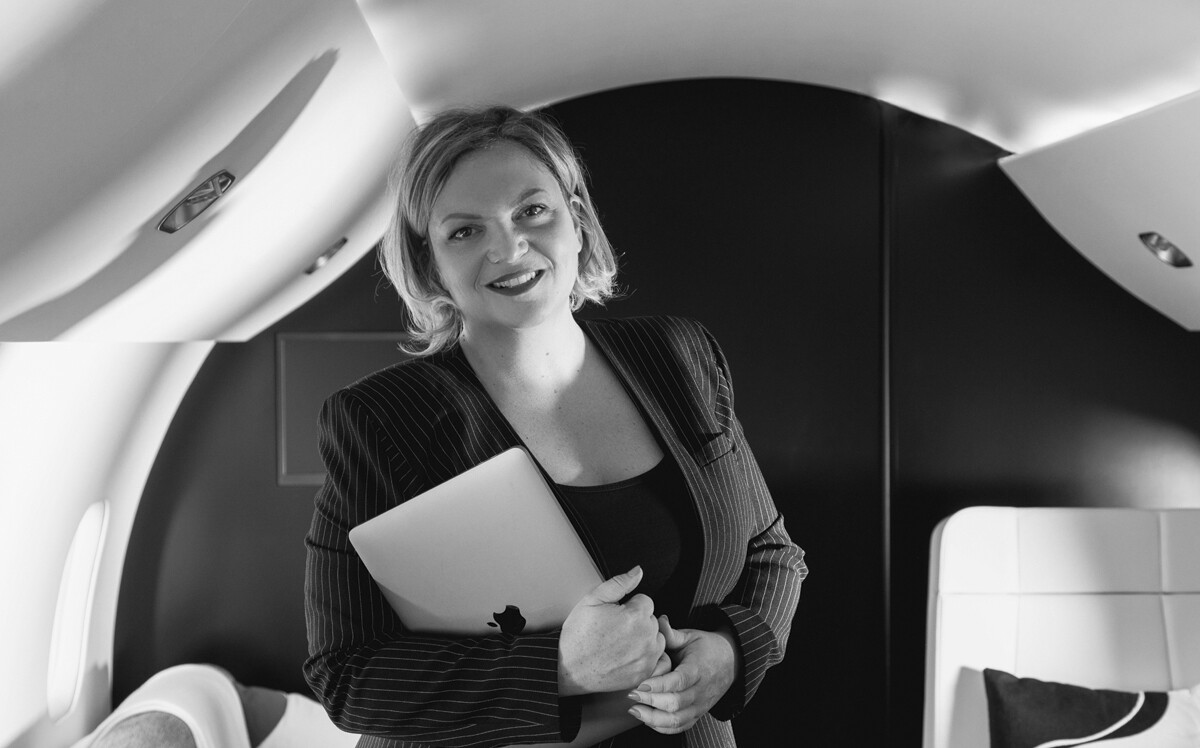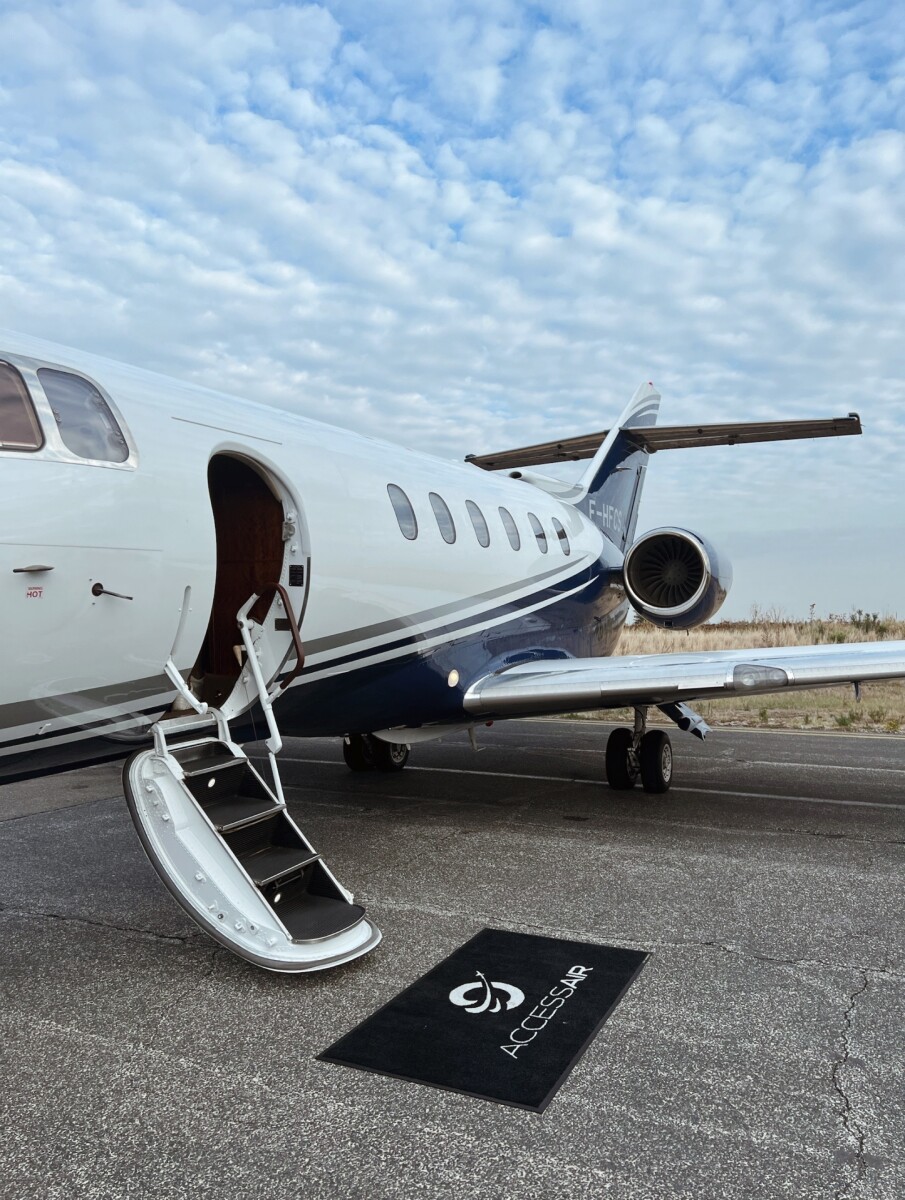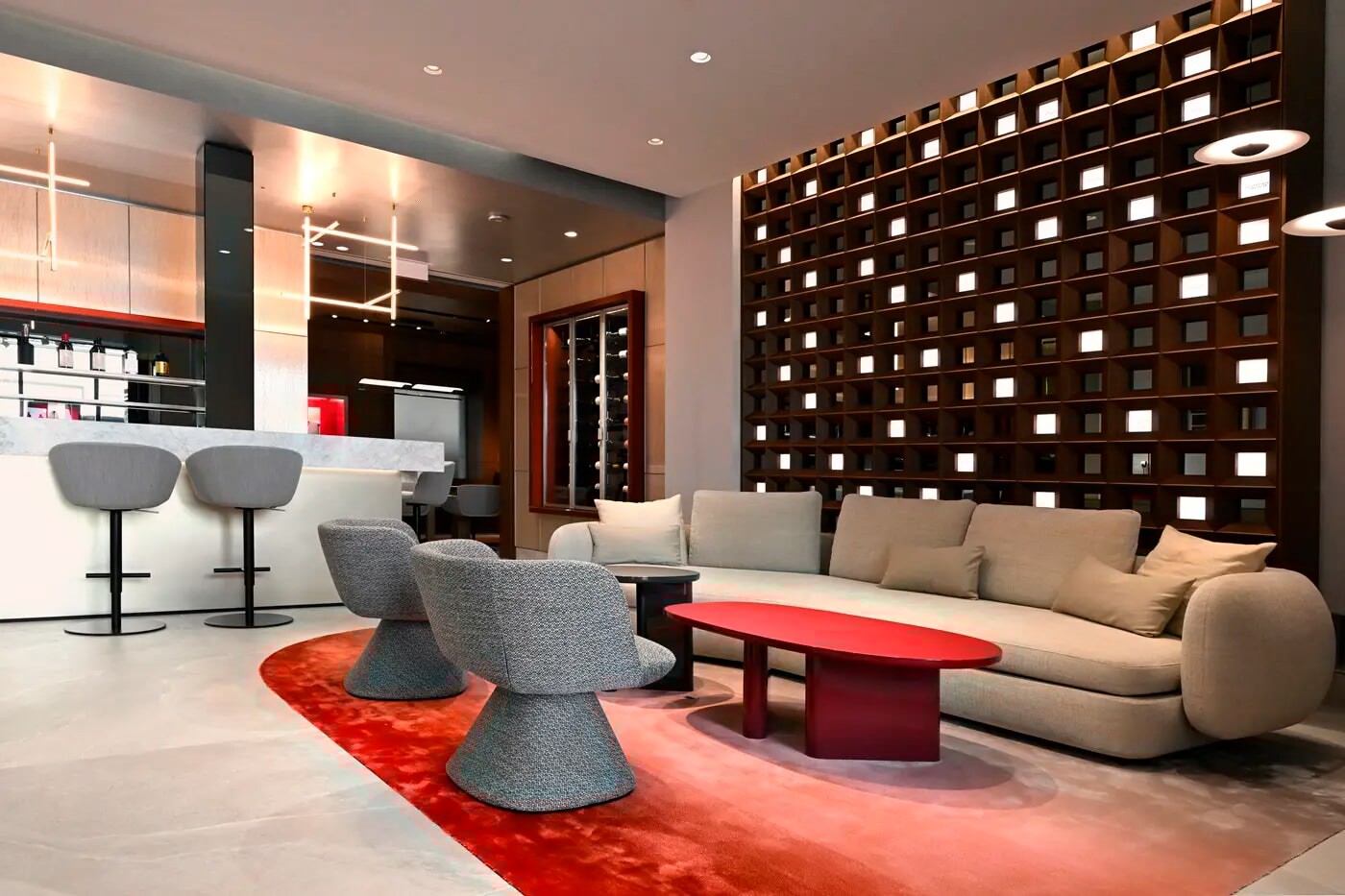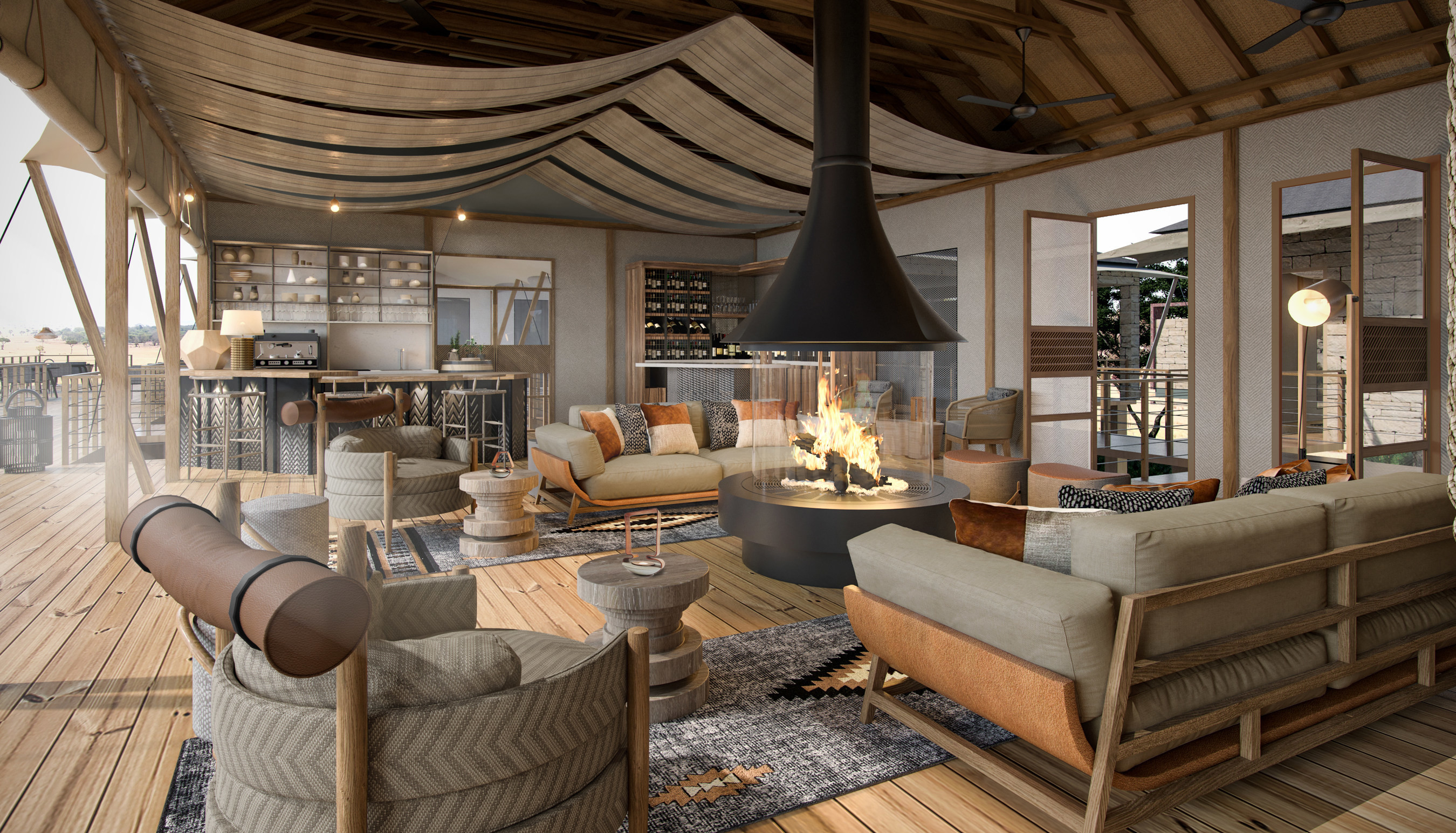Created 5 years ago by Emma Berkovits, AccessAir is an innovative concept that she herself defines as “Private Travel designer”.
Partnering with the largest private aviation lines, she discusses today with Vendôm what underlies the company she founded. Though highlighting the difficulties of entrepreneurship in the predominantly male world of business aviation, she nevertheless demonstrates that this discipline is as much an everyday challenge as the fulfilment of an entire close-knit team. That being said, can AccessAir simply be defined as “visionary entrepreneurship” rather than “feminine entrepreneurship”?
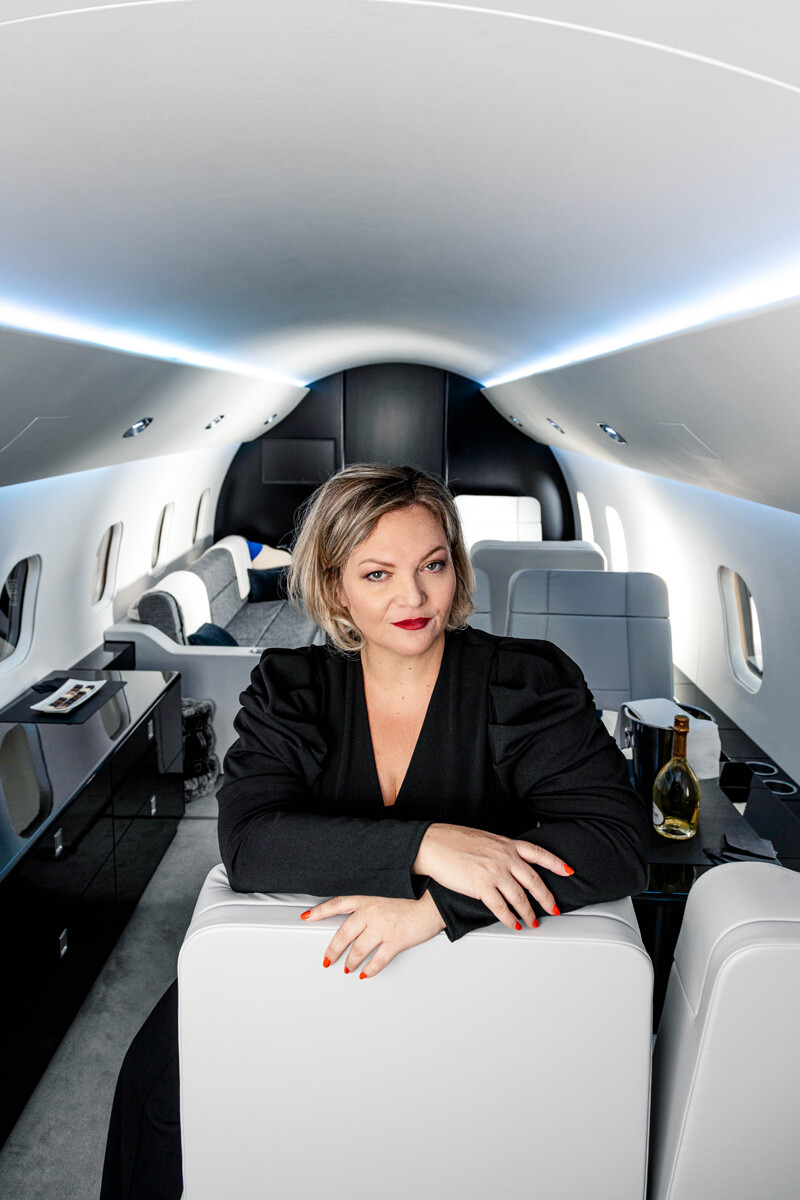
Vendôm Talents - What induced you to create AccessAir and why did you turn to VIP travel?
Emma Berkovits – Like many, I entered through the back door with an Advanced Technician’s Certificate, before joining IDRAC business school. While attending a work-study program, I spent a semester in the United States, an experience which improved my language skills, but, most importantly, gave me an international, broad-minded disposition.
Thanks to an MBA in Management & International Business at OMNES Education, I was able to return to the United States to pursue my end-of-studies internship in New York, after which I was directly hired at Coface as a political insurance underwriter. Though extremely interesting, the position was not challenging enough for my needs.
I decided to resign and find a job that would still allow me to travel. I joined Club Med as a Corporate Travel Coordinator in China and Marrakesh, a much enjoyable experience that gave me the opportunity to deeply apprehend customer orientation, with working hours that had to be split between my duties and ways to satisfy customers willing to relax.
Upon my return to France in 2006, a head-hunter spotted my atypical profile. This is how I set foot, somewhat by chance, in the business aviation sector at the Paris-Le Bourget Airport as a salesperson, before being hired to set up a brokerage project, still as an employee. Finally, five years ago, I made the leap to entrepreneurship, mainly with the help of a substantial portfolio of partners and service providers.
VT - How would you define AccessAir? What sets you apart in this type of market?
EB – The business aviation sector is made up of two actors: the companies, whose objective lies in selling their planes at all costs; and the brokers, who focus more on a client’s real needs, seeking to respond to the client’s requests rather than the agencies’. As brokers, we may access a network of over 25,000 aircrafts all over the world, but what really makes us stand out is the priority we gave, from the very beginning, to expectations and to the attention to customers. Our vision of customization really sets us apart in the world of luxury and in one of its main values – creating emotion.
What also defines us, operationally and logistically, is the immediate decision of implementing an operational centre within the accessors, separating the salespeople – namely prospectors and customer hunters – from those selecting the planes, negotiating prices, and ensuring the smooth running of a mission, from A to Z. The creation of these two services generated much higher productivity.
VT – In your view, what essential values and what challenges underlie a service of excellence in the field of air transport?
EB – A perfect knowledge of the sector in indisputable. As far as management is concerned, all time constraints are fairly important, as well as taking into account the needs of the customer, though these criteria are quite generic in business aviation. The luxury segment naturally overfocuses on the desires and expectations of the customer, and this is precisely the kind of ultra-personalization our services are determined to offer. As for the actual aerial part, all the knowledge of the trade becomes of importance, meaning that many constraints are no longer just local, but become international. One small mistake can lead to a significant number of consequences.
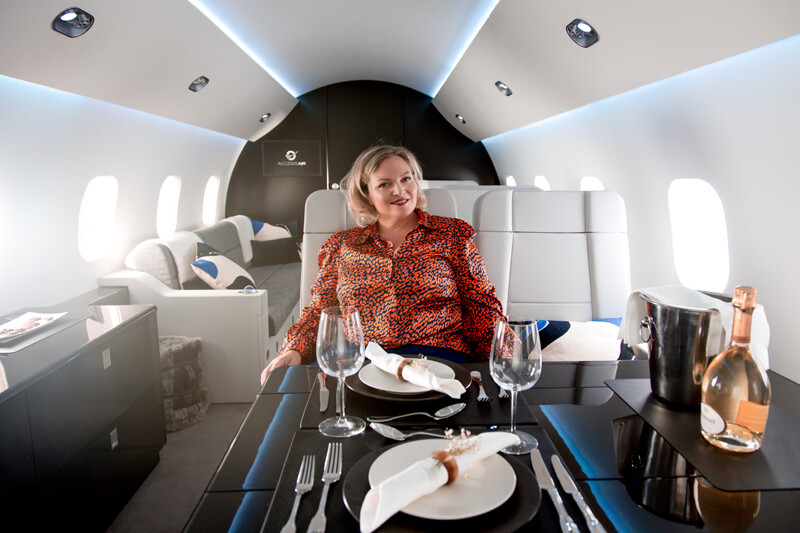
VT – Do you work with preferred service providers or is it merely up to a client’s request?
EB – Indeed, we collaborate with different service providers, such as hoteliers or chefs, pertaining or not the gastronomic sector. To this end, we set up a CSR system based on on-board experience. This way, we succeeded in introducing the most attractive and unique services into the luxury world of business aviation.
We even imagined a totally innovative concept in one of our planes: a full-size replica of a business jet that sits on our premises, but does not fly and is generally used for filming, shootings, etc. We created “JetLab”, a unique dinner on-board experience, consisting of a real film set recreating, with great care, a private plane. The illusion is perfectly replicated and gives the impression of a real business trip.
VT – All luxury sectors are often seen as pioneers in terms of “good practices” in many fields (environmental, societal, etc.). What are the perspectives of private aviation on these issues?
EB – This question is actually common to all sectors and companies, and are rapidly progressing. We have to react swiftly and with the greatest discernment, because it cannot be denied that business aviation has been ferociously blamed from an ecological point of view. For example, China has been experiencing a drastic drop in the use of flights for two years, a tendency that has increased since the beginning of September in the spirit of improved eco-responsibility.
At AccessAir, we are looking for ways to define the carbon footprint generated for each of our journeys. At our level, we have created a program named “Green Fly by AccessAir”, consisting in donating part of our profits to the Tree-Nation association involved in reforestation projects in Nicaragua and India. This initiative allows us to offset our flights’ CO2 emissions.
One must keep in mind that business aviation is an important economic tool for a company. Incidentally, we are members of the European Business Aviation Association, which also has an office in France, and every month, we discuss alternatives to consumption, the first being to switch from our current fuel to a more ecological fuel called SAF (MY Sustainable Aviation Fuel™). These changes will take time, but we are persevering in our reflection on best practices.
VT – As an entrepreneur, what is your daily driving force? Also, do you have an inspiring motto, phrase, or even – person?
EB - I consider entrepreneurship to be the path of a lifetime, a source of growth, both for our employees and for service providers. Ours is an entire team fighting on a daily basis.
This aspect lays the basis for my motto. I have a tendency to say: “People quickly forget what you say, but never how you treat them”. This is the way I see things and how I apply myself, as an entrepreneur, with my collective, with my teams, and with all the service providers we work with, be they suppliers, customers, etc.
I will end by pointing out that entrepreneurship is a beautiful path, with its occasional highs and lows. What matters, is to always keep your objectives in sight and to diversify them.
This would be my own definition of entrepreneurship: innovation and diversification.

